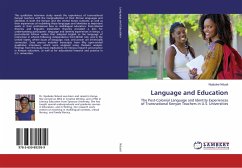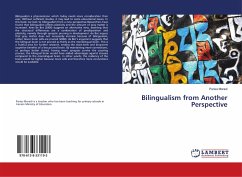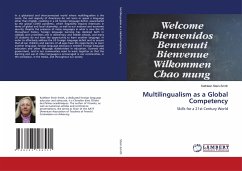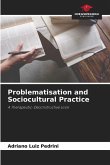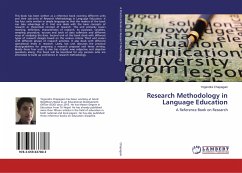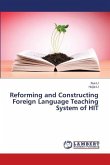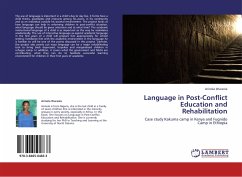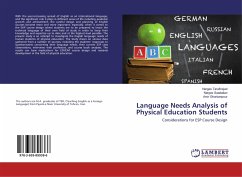This qualitative interview study reveals the experiences of transnational Kenyan teachers with the marginalization of their African languages and identities in both the Kenyan and the United States contexts, as well as their experiences of reclaiming those languages and identities as important assets in their professional lives as multilingual educators. Post-colonial theories and linguistic imperialism theories provided a lens for understanding participants' language and identity experiences in Kenya, a post-colonial African nation that adopted English as the language of instruction in schools following independence from British rule, and in the United States, where issues of language, race, and power are intrinsically connected. Data sources included transcripts from fifty open-ended qualitative interviews, which were analyzed using thematic analysis. Findings from this study have implications for literacy research and practice in Kenyan education, as well as for educational research and practice in U.S. universities.
Bitte wählen Sie Ihr Anliegen aus.
Rechnungen
Retourenschein anfordern
Bestellstatus
Storno

